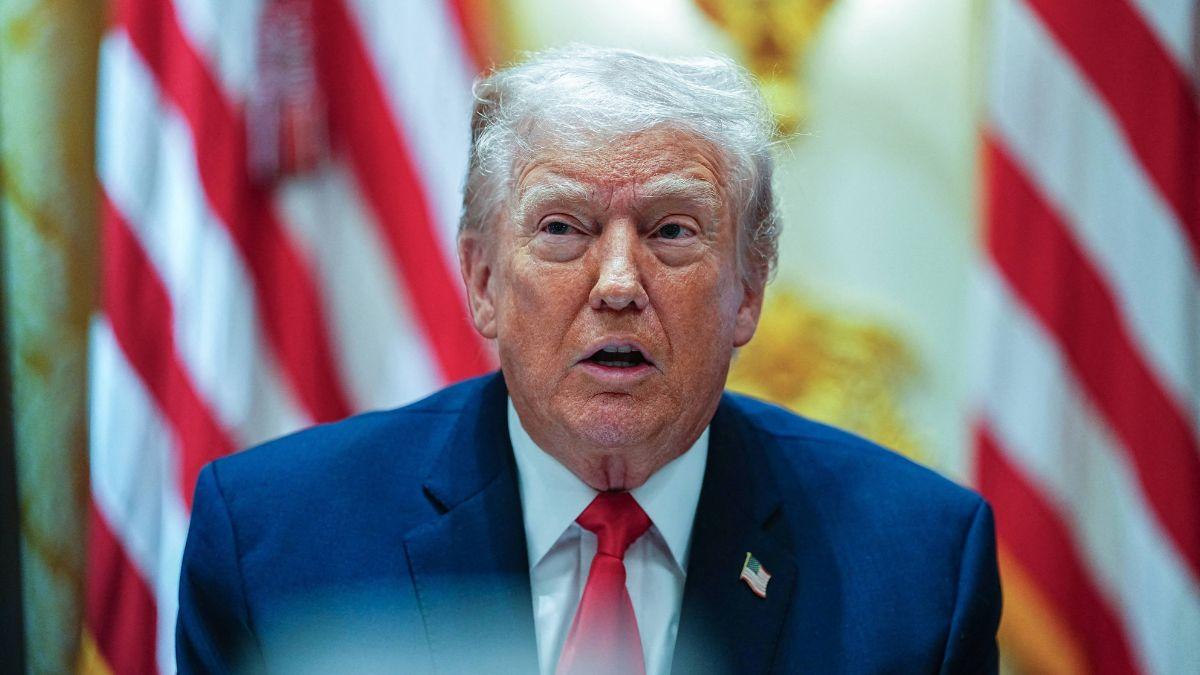White House Press Secretary Karoline Leavitt Shuts Down CNN's Kaitlan Collins' Questioning Over War Texts Leak Scandal With Brutal Seven-Word Sentence

White House Press Secretary Karoline Leavitt refused to answer a follow-up question from journalist Kaitlan Collins regarding the Signal texts scandal.
March 27 2025, Published 3:45 p.m. ET
White House Press Secretary Karoline Leavitt has dismissed CNN's Kaitlan Collins over the Signal texts scandal.
Leavitt, backing Trump officials' use of Signal for military talks, shut down the journalist with a savage seven-word response after being asked about the leaked messages, RadarOnline.com can reveal.
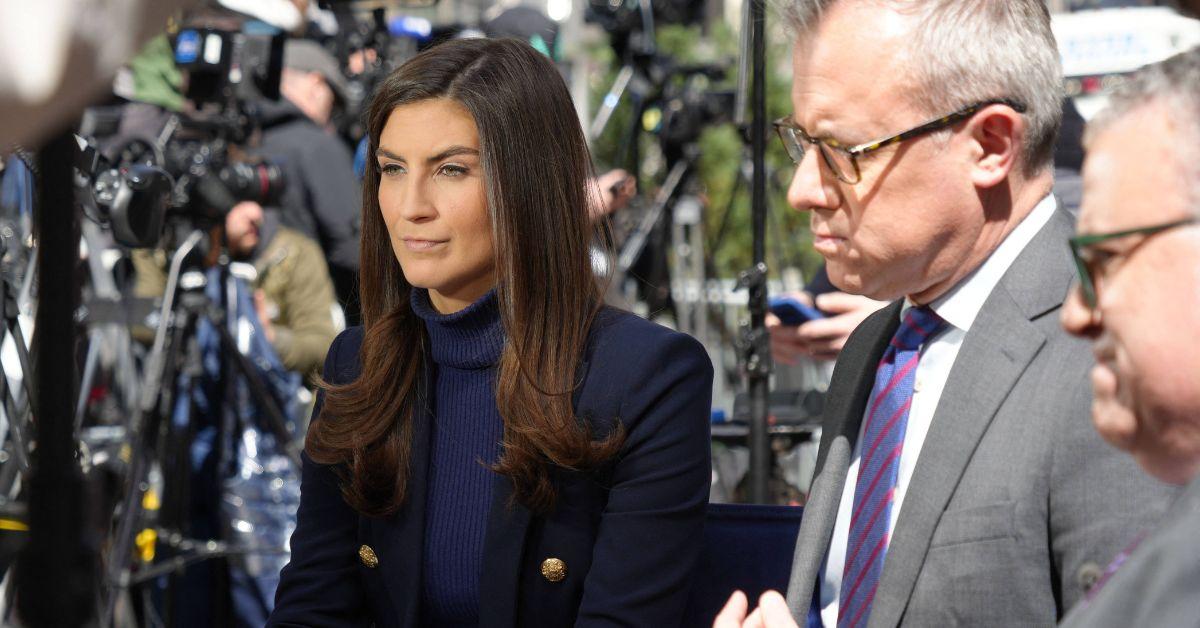
Sources said the 'vibes' have 'shifted' regarding support for Collins at the network.
Collins, 32, pressed Leavitt, 27, on whether President Trump felt "misled" by his national security advisors – who stated no classified information was exchanged in the Signal chat.
Leavitt answered: "I've now been asked and answered this question three times by the both of you, and I've given you my answer.
"The president feels the same today as he did yesterday."
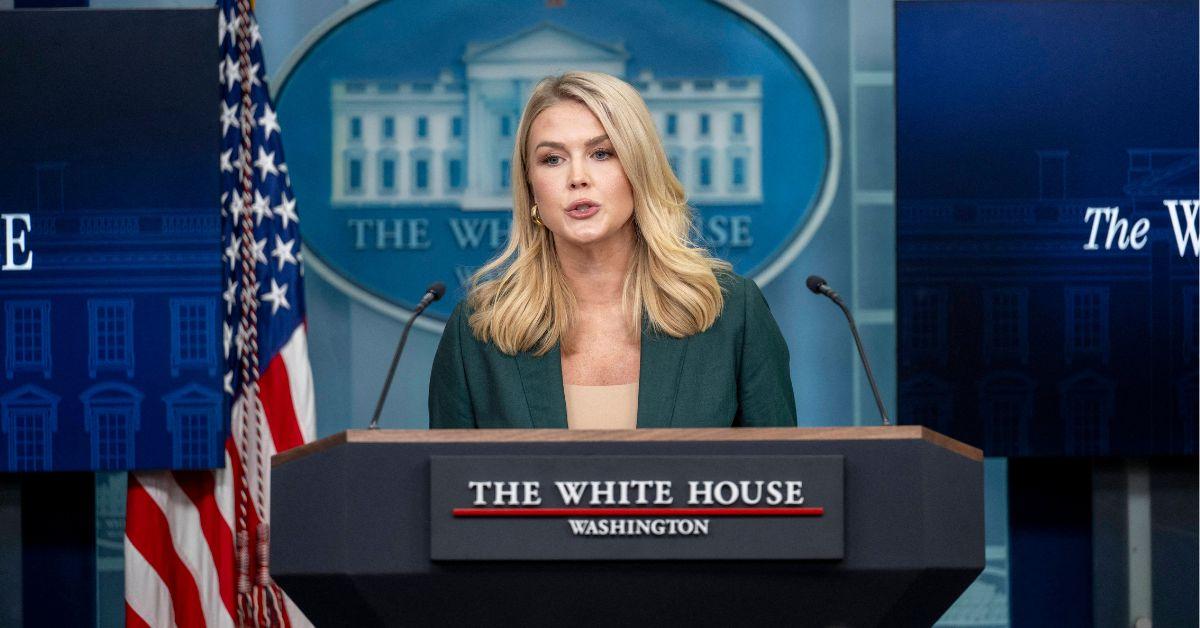
Karoline Leavitt revealed the news to reporters Thursday.
Collins attempted a follow-up question but was quickly cut off by Leavitt, who responded with: "Kaitlan, I'm not taking your follow-up."
The journalist insisted on asking another question, but Leavitt shut her down once more. She reiterated the same sentence firmly before turning to Philip Wegman from RealClearPolitics.
Leavitt stated Trump had gone over the text messages from the chat, which were later published by The Atlantic after editor-in-chief Jeffrey Goldberg was accidentally included in the conversation.
She brushed off The Atlantic article as "sensational spin," accusing the editor of being an "anti-Trump sensationalist reporter."
She said: "Goldberg is an anti-Trump hater.
"He is a registered Democrat. Goldberg's wife is also a registered Democrat and a big Democrat donor who used to work under who Hillary Clinton."
Leavitt became visibly frustrated as reporters kept pressing on the Signal chat issue, which she sharply addressed.
She explained: "I have now been asked and answered the same question using different language multiple times.
"If anybody has another question, there's a lot of different things going on in the world."
Leavitt defended President Trump's trust in his national security team amid the Signal app controversy, criticizing Democrats and the media for their handling of the Afghanistan withdrawal.
She said: "We are not going to be lectured about national security and American troops by democrats and the mainstream media who turned the other cheek when the Biden administration because of their incompetence left 13 service members dead in Afghanistan and not a single person in the previous administration was held accountable for that botched withdrawal."
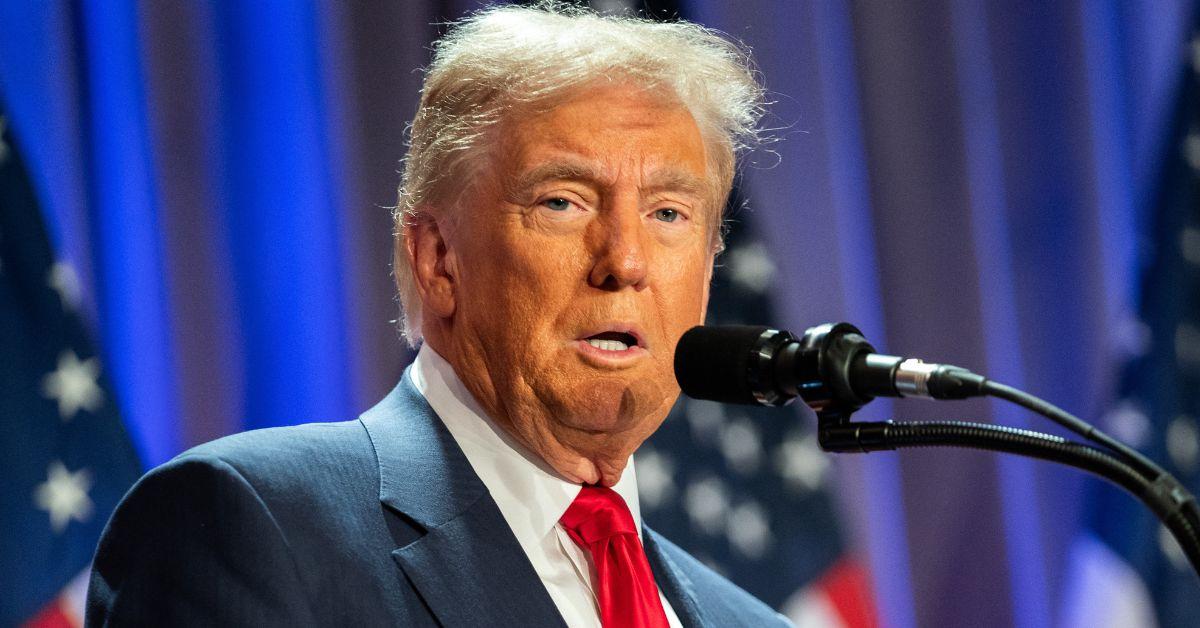
The Trump administration has sparked fears about a potential conflict in the Middle East after military aircraft was deployed to the region.
She ultimately cut the briefing short after 22 minutes to avoid conflicting with Vice President J.D. Vance's speech at a military base.
The text leak scandal revolves around the discovery of a Signal chat involving Trump officials discussing a military strike against Houthi rebels in Yemen.

The editor-in-chief of The Atlantic, who was accidentally included in the Signal conversation and later revealed it, most recently published the full text exchange on Wednesday.
This followed officials downplaying their actions and claiming no classified information was shared.
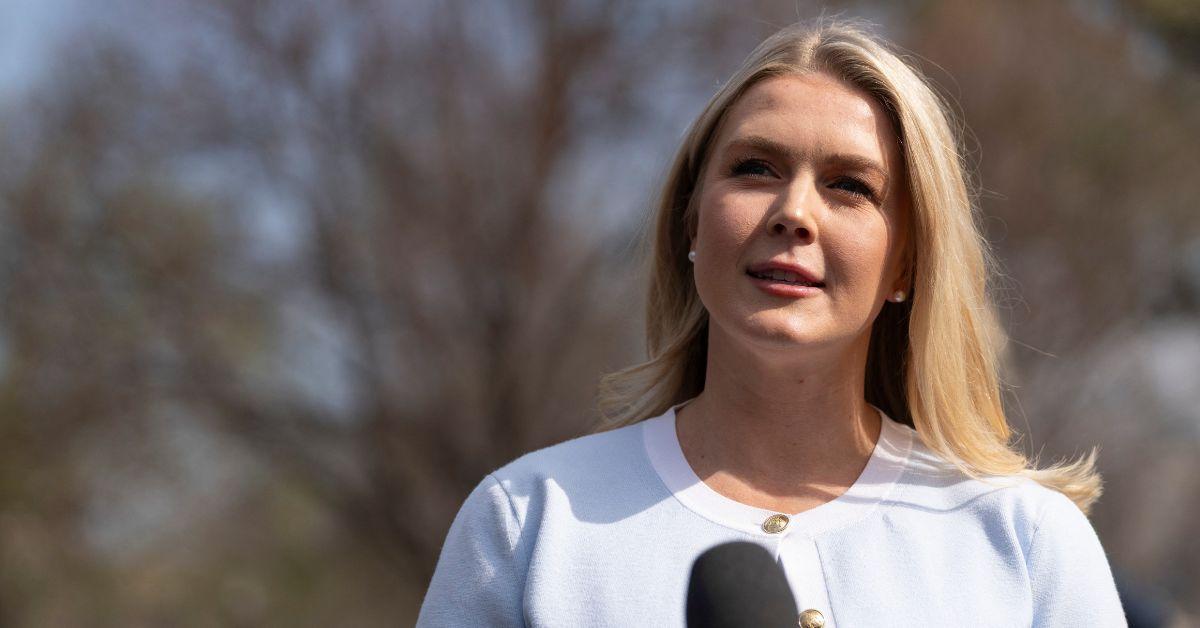
Leavitt cut the briefing short after 22 minutes to avoid conflicting with Vice President J.D. Vance's speech at a military base.
The Signal group, including top Trump officials, discussed the Yemen military operation – with Defense Secretary Pete Hegseth revealing strike details and announcing the operation over an hour before it began.
The leak of operational details now raises concerns among military veterans and active-duty troops, who can face severe consequences for even minor security breaches, known as "spillage" in the military.


